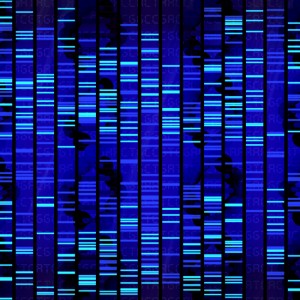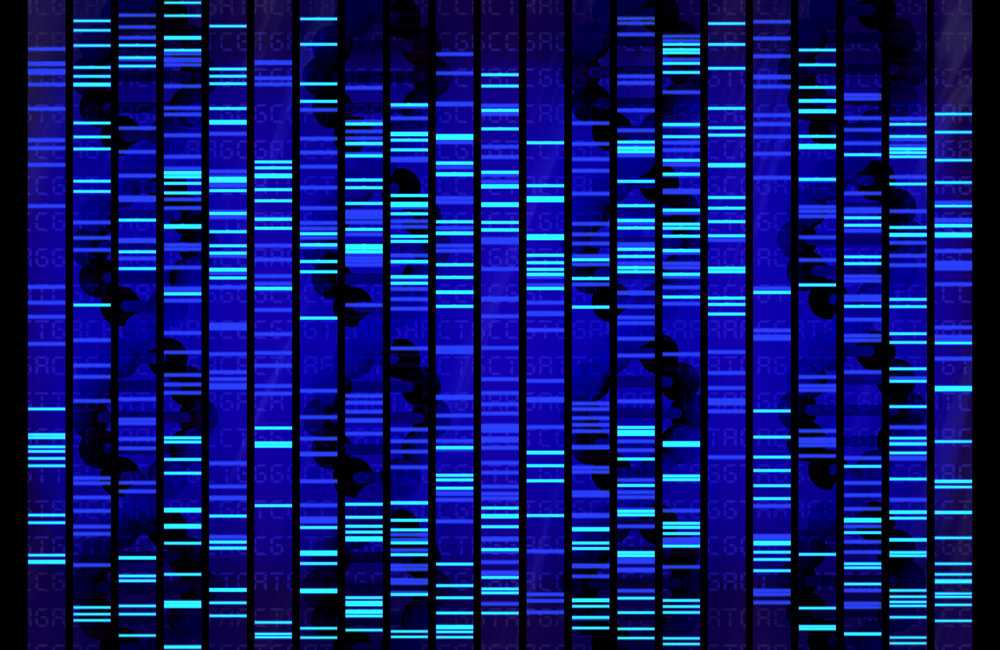 A new study entitled “Development of a semi-conductor sequencing-based panel for genotyping of colon and lung cancer by the Onconetwork consortium” shows that tumor molecular characterization performed by a multi-lab collaboration with high throughput sequencing identified, with both speed and robustness, potential tumor targets for drug-targeted therapy in colorectal and lung cancer. The study was published in the journal BMC Cancer.
A new study entitled “Development of a semi-conductor sequencing-based panel for genotyping of colon and lung cancer by the Onconetwork consortium” shows that tumor molecular characterization performed by a multi-lab collaboration with high throughput sequencing identified, with both speed and robustness, potential tumor targets for drug-targeted therapy in colorectal and lung cancer. The study was published in the journal BMC Cancer.
The latest cancer research developments led to the discovery of several molecular biomarkers that carry potential disease predictive value. However, the numbers of predictive markers that need to be assessed in clinical practice are rising with the advent of engineering drugs that selectively target them. As such, clinics are presented with a huge task for performing molecular diagnostics that are often time- and money-consuming. Additionally, in some cancer types, such as non-small-cell lung carcinoma (NSCLC), there is limited material available to use in these tests. As a result, the development of highly sensitive techniques that need very low amount of tumor material is the optimal choice — known as so-called high throughput technologies. A technical approach termed next generation sequencing (NGS) for molecular screening is indeed highly advantageous due to relatively inexpensive costs and rapid results. In this study, the “OncoNetwork consortium,” a European collaboration established between different countries reports their results to understand the advantages in using a next-generation sequencing approach, specifically a semi-conductor sequencing, in a clinical scenario.
[adrotate group=”3″]
The authors designed a strategy that focused on studying 22 genes that have an established role in both lung and/or colorectal cancer (CR), such as EGFR, KRAS, among others. The task was performed independently in seven different labs, therefore validating their findings and determining their robustness, with ion-semiconductor sequencing using only 10 nanograms of DNA and focused on 87 hotspot mutations in the non-small-cell lung carcinoma and colorectal cancer genes. The results obtained show that high throughput ion-semiconductor sequencing was capable of identifying not only 112 previously known mutations (specifically in the KRAS, EGFR and BRAF genes) as well as it revealed other mutations.
The authors emphasize that their results show that in a time of a rapid and increased need for tumor molecular characterization, a joint multi-lab collaboration equipped with state of the art sequencers, such as the Ion Torrent PGM, is a reliable approach to identify patients carrying molecular targets that can be addressed with targeted-therapeutics.

